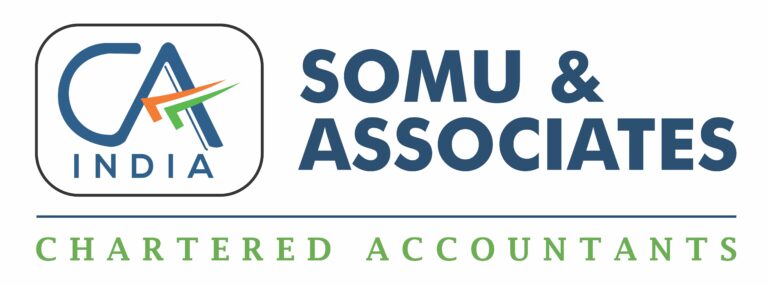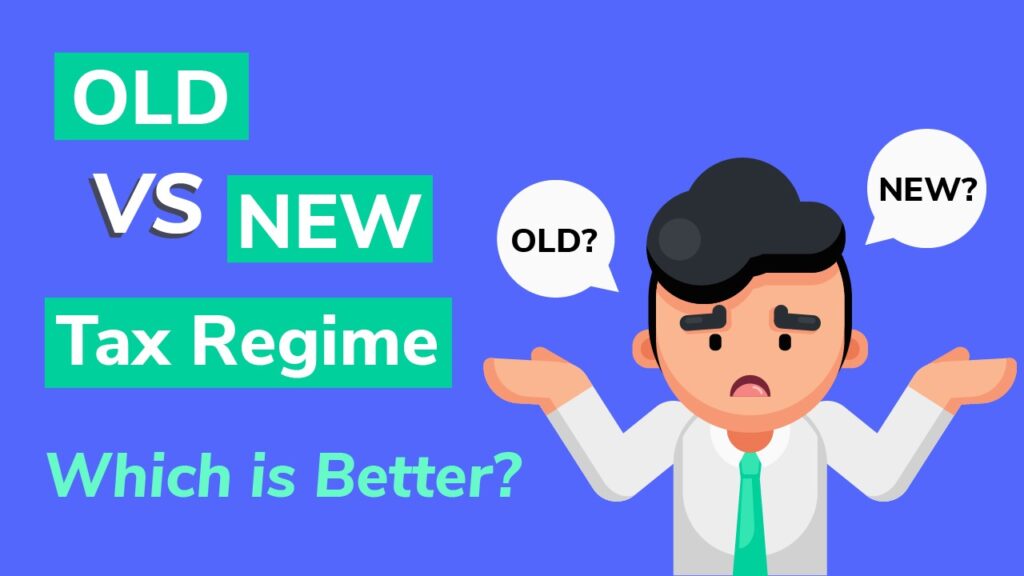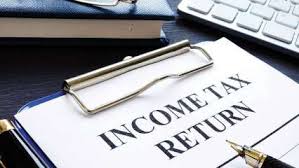Essentials for filing Income Tax Returns
Taxes in India is categorized as Direct and Indirect taxes. Direct tax is a tax that you pay on your Income directly to the government. Indirect tax is a tax that somebody collects on your behalf and pays to the government
Income tax return forms range from ITR 1 to ITR 7, used for different types of income and different types of entities. Depending on the type of forms, there are various disclosure requirements.
Filing Income Tax Return in India is completely online and paperless. There is no need for you to submit physical return at the local income tax offices. All documents, wherever necessary need to be submitted online. Income tax return is to be filed for a particular Financial Year (i.e. April to March) irrespective of Accounting Year adopted by you.
FAQ on New Tax Regime Vs Existing Tax Regime
Click here for more details
Due dates for filing IT Returns for FY 2024-25 (AY 2025-26)
S.no Category Due date
1 Assesses who is required to furnish Report Transfer Pricing under Section 92E 30th November, 2025
2 a) Company
b) Audit Requirement under Income Tax Law or any other law
c) Partner of Firm whose accounts are required to be Audited31st October, 2025
3 Others 15th September, 2025
Mandatory filing of Income Tax Returns
1. If your Gross Total Income (i.e before claiming deductions U/S 54, 54B, 54D, 54EC, 54F, 54G, 54GA, 54GB) is more than Basic Exemption limit, then Return filing is compulsory
2. In the Following cases, you are compulsory required to file Income Tax Return, irrespective of Basic Exemption limit, If
a) You have Incurred Electricity Expenditure of more than Rs.1,00,000/-
b) You have incurred Foreign Travel Expenditure of more than Rs.2,00,000/- for yourself or any other person
c) You have deposited more than Rs.1/- Crore in aggregate in one or more current account maintained with Banks or Co-operative Banks
3. Additional conditions for compulsory Income tax filings (Notification No. 37/2022, 21st April, 2022)
(i) If his total sales, turnover or gross receipts, as the case may be, in the business exceeds Rs.60/- lakh rupees during the previous year; or
(ii) If his total gross receipts in profession exceeds Rs.10/- Lakh rupees during the previous year; or
(iii) If the aggregate of TDS and TCS during the previous year, in the case of the person, is Rs.25,000/- or more; or
(iv) If the Deposit in one or more savings bank account of the person, in aggregate, is rupees Rs.50/- lakh or more during the previous year:
Voluntary filing of Income Tax Return even if Gross Total Income is below Basic Exemption limit
You can file your Income Tax Return voluntarily even if Gross Total Income (Refer above) is less than basic exemption limit.
We suggest you to file your Income Tax Return even if your Gross Total Income (Refer above) is less than basic exemption limit because there are several instances where income tax returns are considered a proof of employment — for instance, when you are applying for a passport or taking a loan
Information required for filing Income Tax Returns
Details of Income from all sources along with Form-16/16A/16C (if any) (Please send unlocked forms)
Following details also required if not considered by your employer/any other person during Tax deductions (must be incurred between 1st April 2024 to 31st March 2025)
a) Home Loan – We need Loan statement; it will enable us to bifurcate Interest & Principal
b) LIC Policies – For self, spouse & children
c) Children Education fees
d) Any investment (also specify nature)
e) Health Insurance – Self, spouse, children & parents (Make bifurcation)
f) Any medical expenditure for parents (only if they are above 60 Years)
g) Any donations – Receipt required
h) Any interest on loan taken for higher education in India – For yourself & children
i) Interest on ALL Savings Bank Accounts (Period: 1st April 2024 to 31st March 2025)
Annual Information Statement (AIS)
The Income Tax Department has rolled out a new Annual Information Statement (AIS) to provide a comprehensive statement to a taxpayer containing his various financial transactions related inputs carried by him during a financial year, gathered from various sources at the back-end.
Late Fee
Where a person, who is required to furnish Income Tax Return fails to do so within Prescribed time limit, he shall liable to pay, by way of late fee a sum of
S.no Particulars Late Fee
1 If Taxable Income does not exceed Rs.5,00,000/- Rs.1,000/-
2 If Taxable Income exceeds Rs.5,00,000/- Rs.5,000/-
Besides Late fee, Interest @1% per month or part of the month is charged separately for
1. Delay in Return filing
2. Non/short payment of Advance Tax
3. Deferment of Advance Tax Instalments


